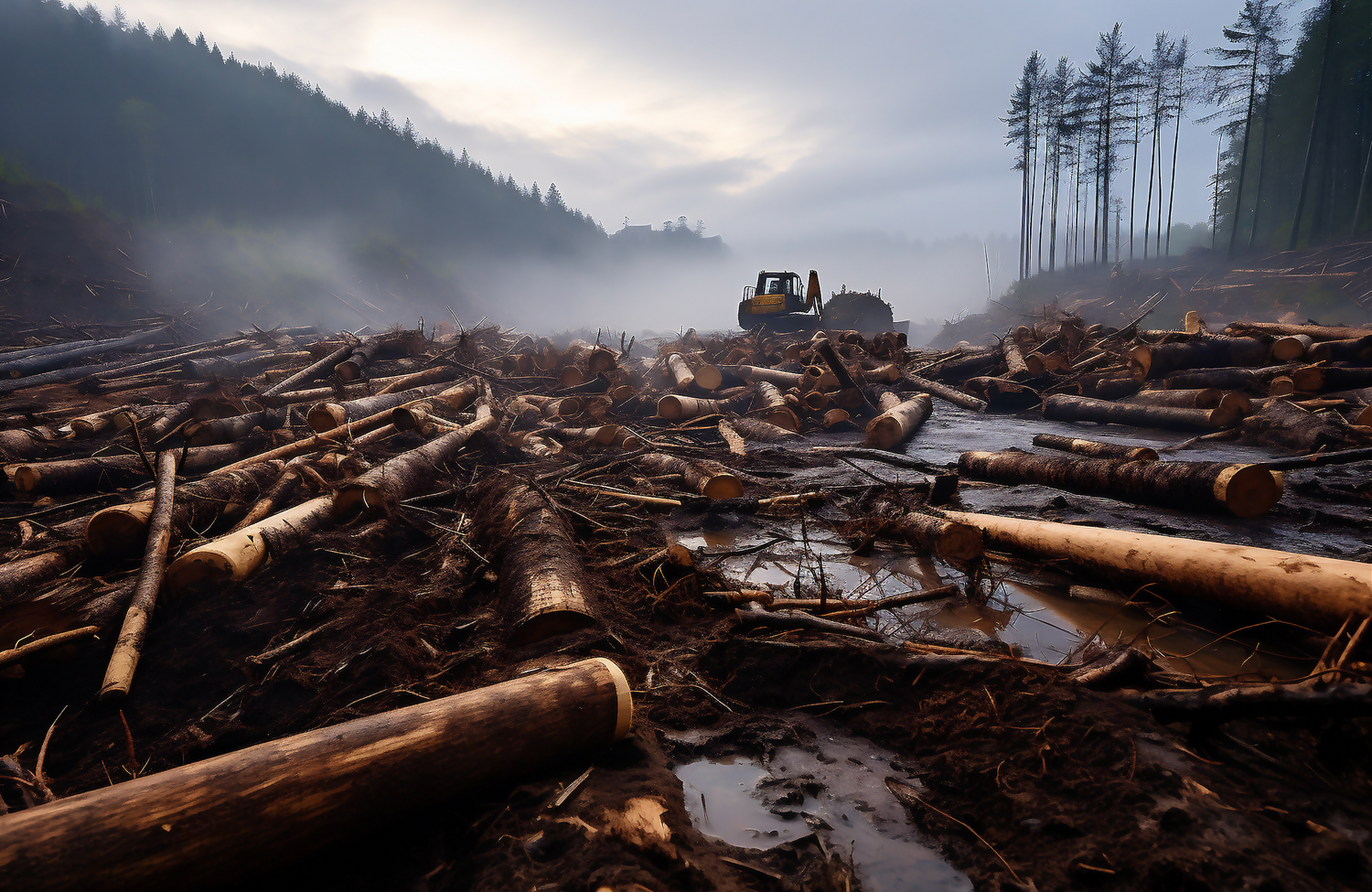
Trees: Numbers & Facts
- An estimated 15 billion trees are cut down each year.
- The World Count estimates 42% of wood harvest is used to produced paper.
- An approximate 46% of Earth's trees have been destroyed by humans.
- Only 36% of the rainforests on the planet remaining intact.
- A tree takes 20-50years to grow and 1 day to be cut down.
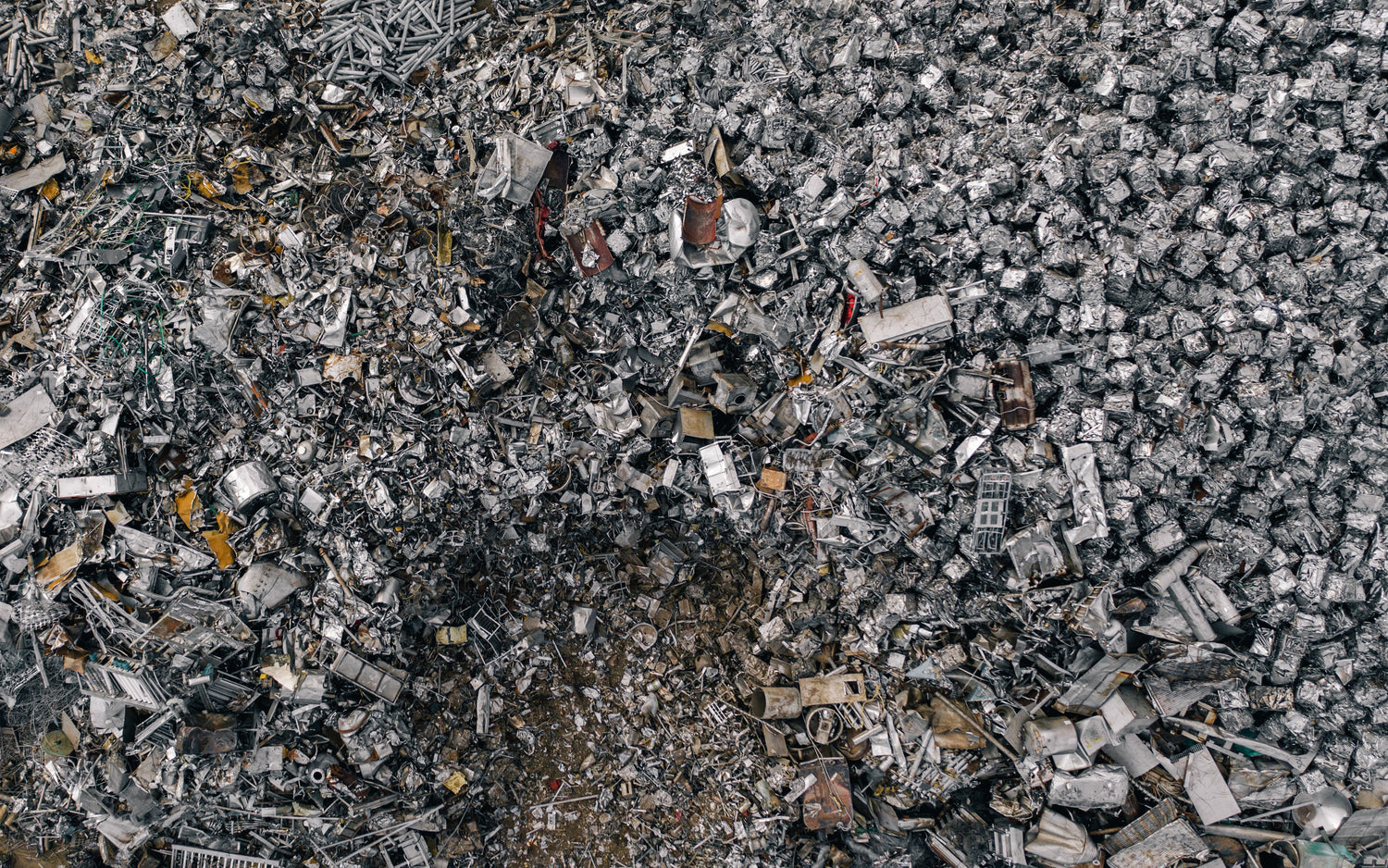
Negative Effects of Cutting Trees
- Worldwide deforestation is responsible for about 12% of greenhouse gas emissions.
- With fewer trees on earth to absorb greenhouse gases, CO2 remain in the atmosphere and speed up Global Warming, causing severe climate change.
- With fewer trees on earth, excess carbon stays in the atmosphere and dissolves into oceans, making them more acidic. This kills marine life and destroy coral reefs.
- Deforestation destroys natural habitats of animals and plants and disrupts local ecosystems, causing species extinction.
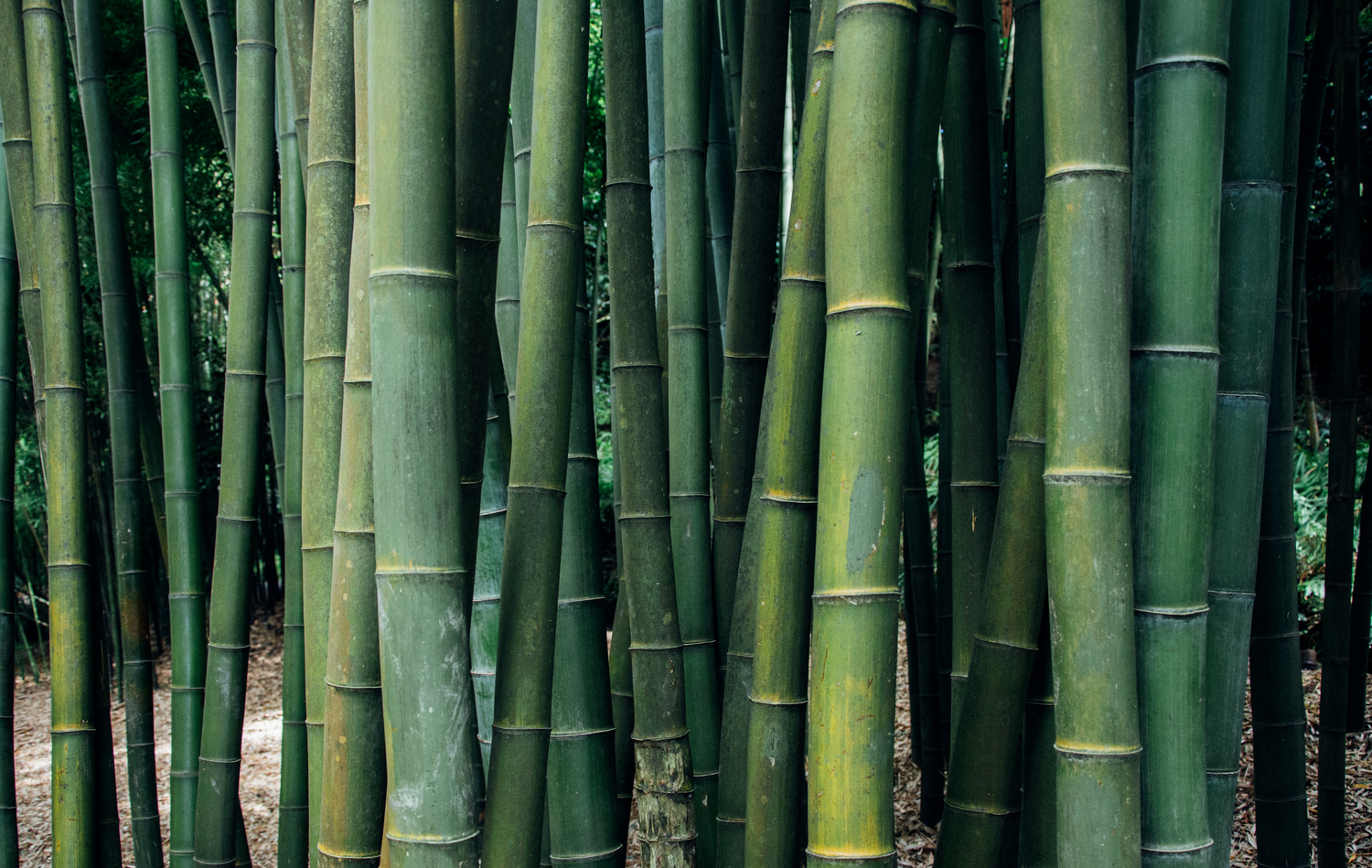
GreenPackers Alternative Plant-Based Paper from BAMBOO PULP
Our 100% Plant-based certified products use renewable plant pulp from bamboo as an alternative to Trees.
BAMBOO PULP
- Bamboo pulp is a renewable resource that grows quickly with less water and land than wood
- It continuously grows from the remaining roots without the need for replanting after harvest.
- The harvest period for bamboos are 6 months compared to the minimum 30 years growth cycle of trees, making it much less damaging to the earth.
- The fiber discarded after extracting the fructose is used as pulp rather than incinerated, preventing carbon dioxide emissions that may occur during incineration.
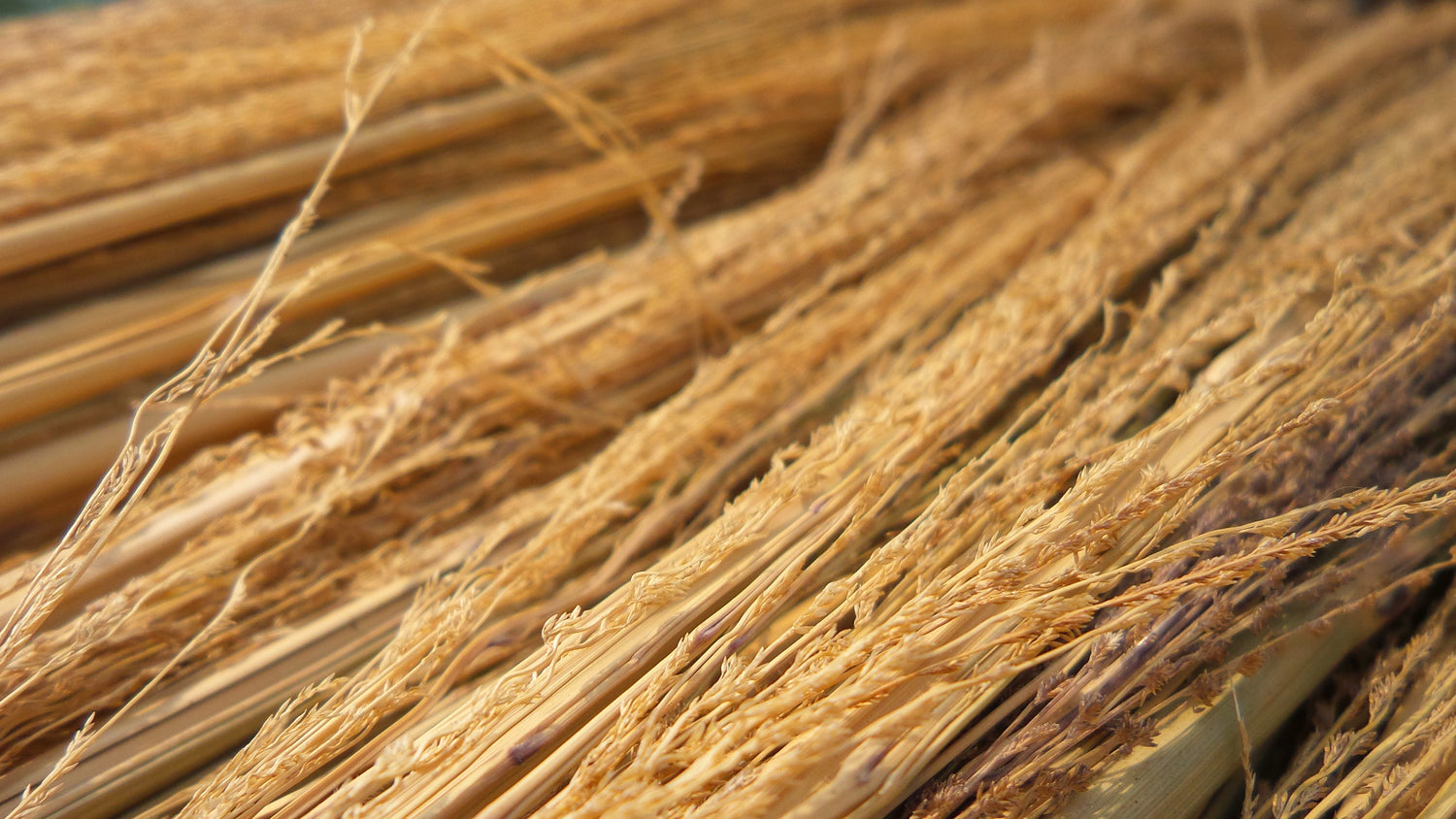
GreenPackers Alternative Plant-Based Paper from WHEAT/STRAW PULP
Our 100% Plant-based certified products use renewable plant pulp from sugarcane as an alternative to Trees.
WHEAT/STRAW PULP
- Our plant pulp products are made from vegetable fiber from sugarcane that is usually discarded after harvest.
- This enables continuous production without damaging forests, and also preventing carbon dioxide emissions generated during the incineration of discarded straw.
- Our 100% Plant-based compostable products do not go through no bleaching or chemical treatment in the process, so the disposable of our items do not emit harmful toxins even when landfilled or incinerated upon disposal.
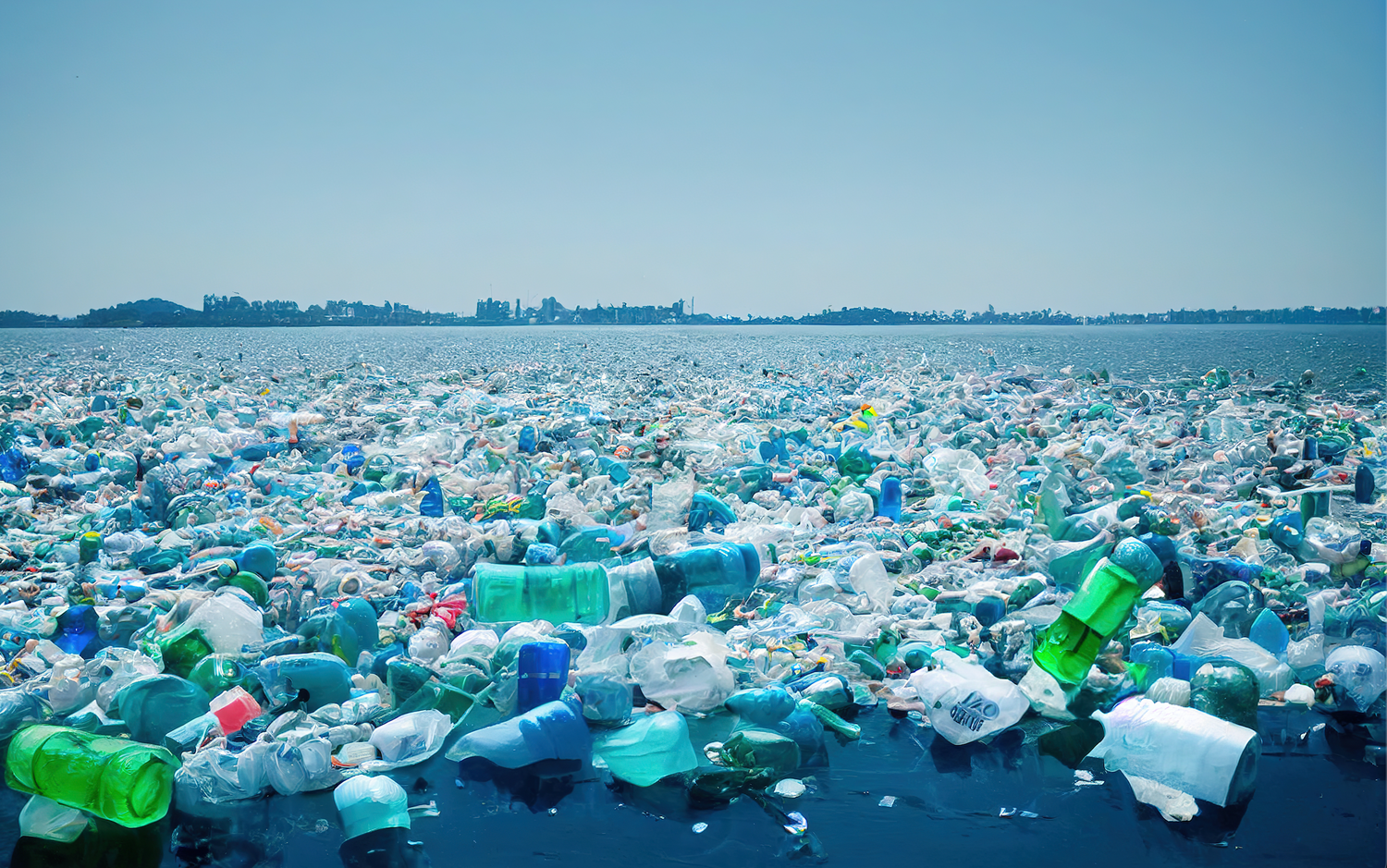
Plastic: Numbers & Facts
- Over 430 million tonnes of plastic is produced every year of which 36% are produced for packagings (155 million tonnes).
- Most of these are disposable plastic food and beverage containers, of which an estimated 85% of these end up in landfills and litter polluting wastes.
- An estimated 129 million tonnes of plastic waste are landfilled, while about 62 million tonnes are mismanaged and become litter in the ocean & on land every year.
[Sourced from United Nations Website]
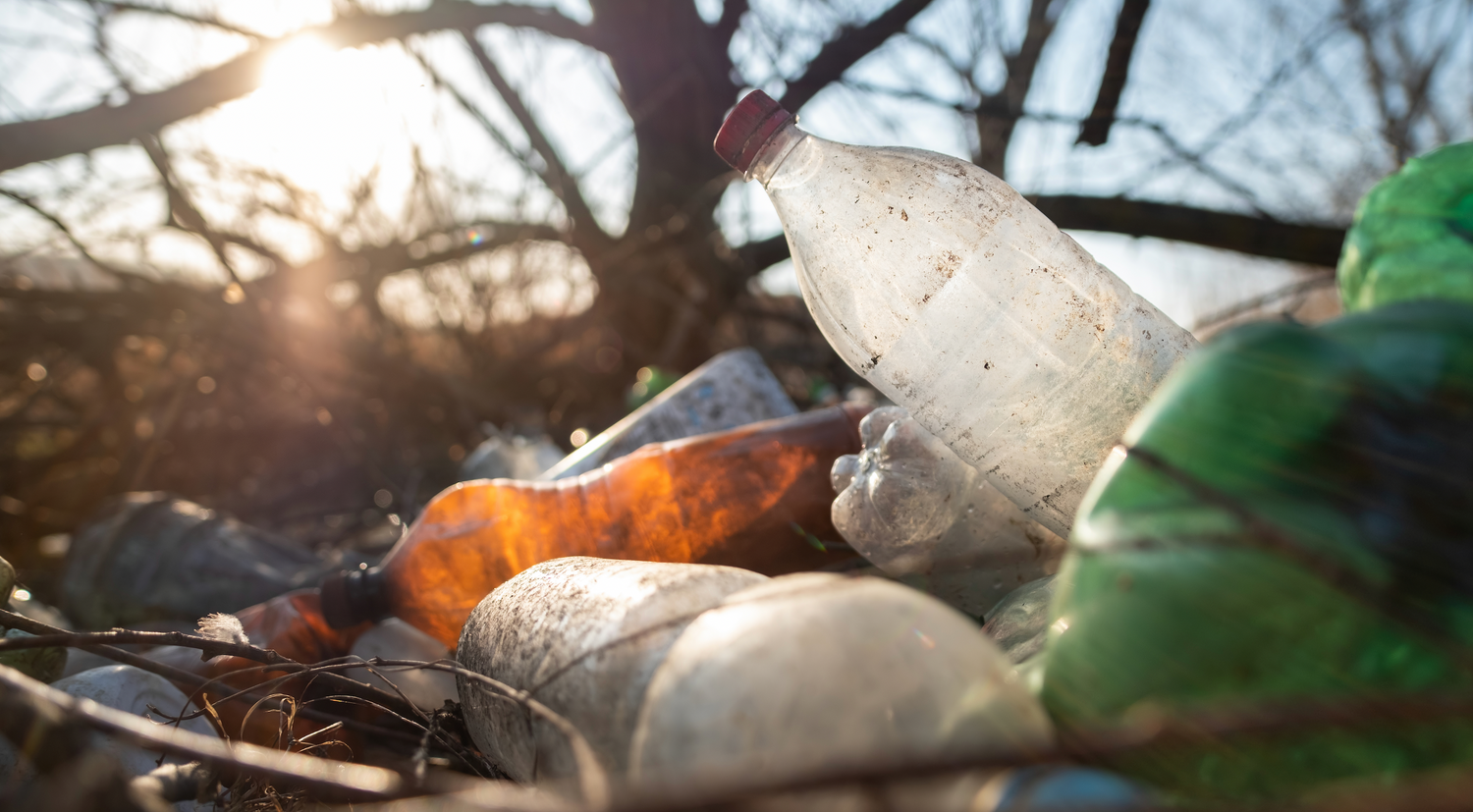
Negative Effects of Plastic Toxins
- Conventional Plastics do not biodegrade. It can require up to 1,000 years to decompose, leading to environmental accumulation and potential crisis.
- Plastic pollution harms marine life, damages soil, pollutes groundwater, and has serious health consequences.
- The production of plastic is one of the most energy-intensive manufacturing processes in the world.
- The material is made from fossil fuels such as crude oil, which are transformed via heat and other additives into a polymer.
- In 2019, plastics generated 1.8 billion metric tonnes of greenhouse gas emissions.
[from United Nations Website]
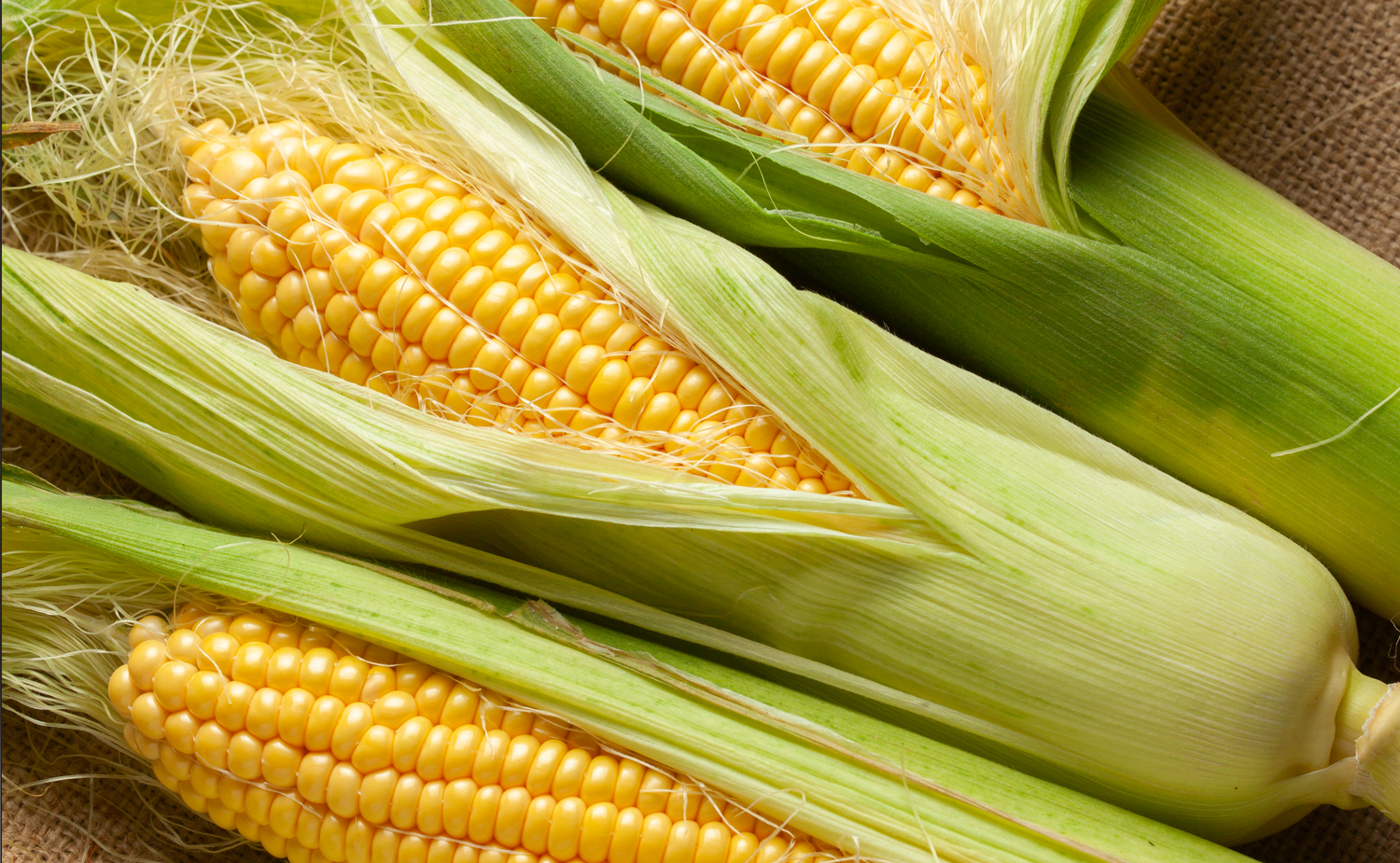
GreenPackers Alternative Bio-Degradable PLA Plastic
Polylactic Acid (PLA) plastic is made from renewable sources such as corn and sugar cane.
- Lactic acid is obtained from fermentation of sugars or starch produced naturally by plants and polymerized to give us PLA Plastic.
- Since the carbon atoms are from plants sources, this makes the material a fully plant-based original and therefore, bio-degradable.
- Certified to be compostable by micro-organisms within 180 days under composting conditions.
- Made from natural plant-based ingredients, it is without environmental carcinogens and does not emit toxic substances in landfills or when incinerated.
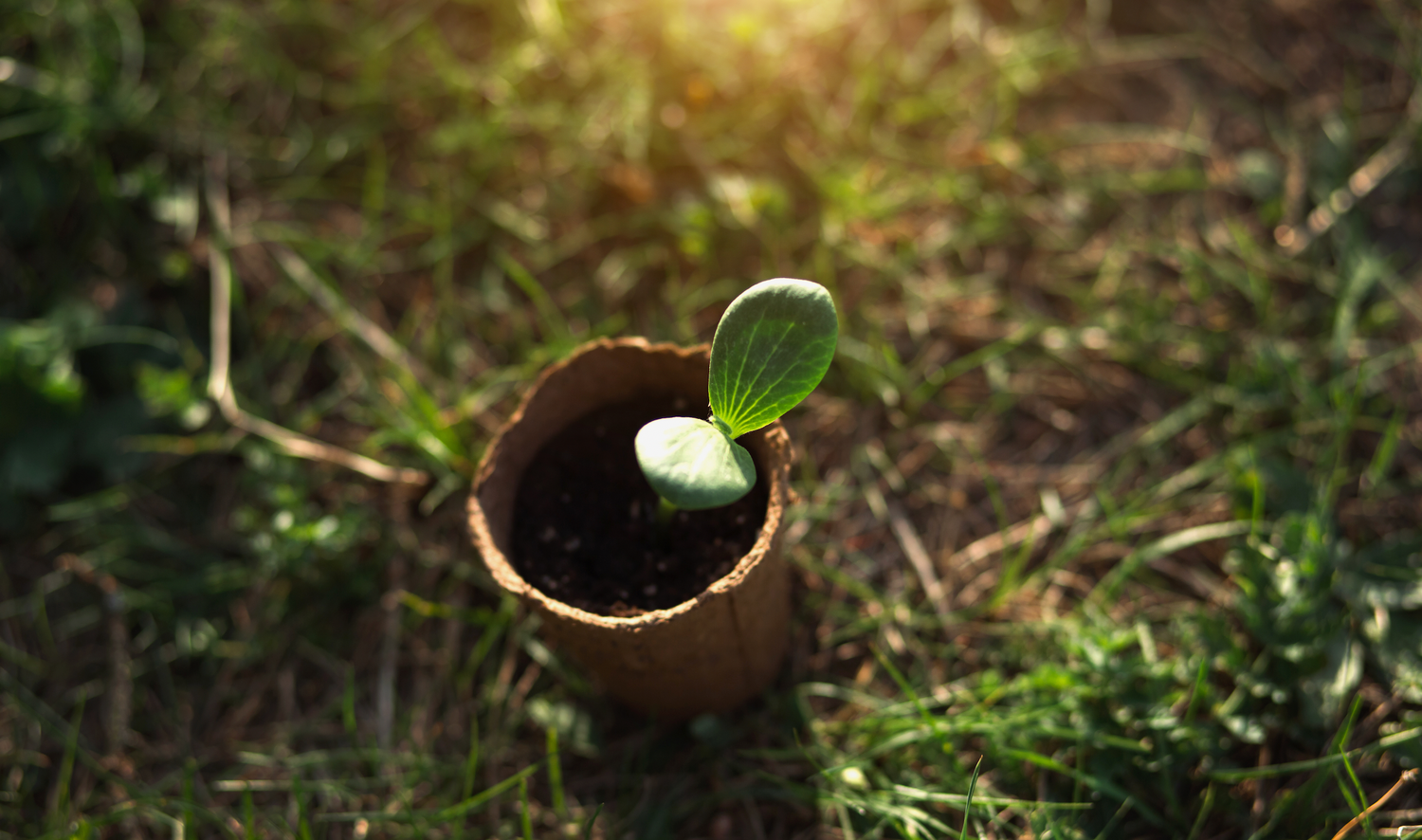
GreenPackers Plant-based Compostable PLA Plastic Usages
PLA Plastic has the physical feel and appearance of conventional petroleum plastic without the toxin.
- The transparent and ordorless properties makes PLA the best substitute for conventional plastic used for F&B packagings.
- PLA is used in place of the glue (which still have minor chemical toxins despite being Food Grade certified), that is traditionally used in all F&B packagings to bind the fibres together to make the cups & containers.
- The water-proof property of PLA is used to coat the inner and outer layers of the paper cups & containers to make the resistant to liquids.
